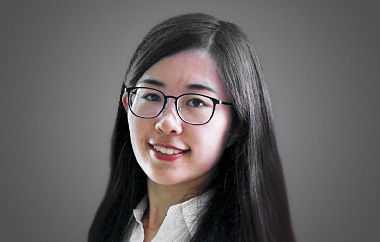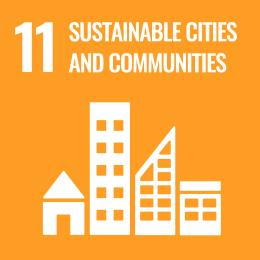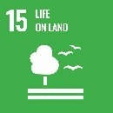PhD in Environmental Science
Current position: Assistant Professor at Department of Earth and Environmental Sciences, Vanderbilt University, United States of America
Research focus: global change ecology, urban ecology, tropical ecology
The timing of seasonal biological events such as leaf emergence and flowering – the main subject of plant phenology – has significantly shifted worldwide due to climate warming. However, complex urban environments pose additional challenges for trees that also affect their budbreak and flowering. Lin’s work showed a profound effect of urban heat island and artificial light on phenology, with leaf buds breaking earlier in the spring compared to rural areas. Her work improved modelling of plant phenology – a proxy for the timing of pollen season, helping to better predict pollen risk and assess the impact on respiratory allergies of people in urban areas.
Lin’s goal is to understand the various environmental challenges in sustainable urban development and to address these challenges through nature-based solutions and by collaboratively working with local communities. To achieve this goal, she plans to develop a nature-based solution framework for climate change adaptation and mitigation in cities. This framework is based on three steps: First, it involves understanding the changes, drivers, and mechanisms of urban vegetation dynamics under the influence of climate change and human activities. Second, it integrates observations at multiple scales with realistic predictive models for urban ecosystems. Third, the framework will help develop practical strategies for urban green spaces and green infrastructure to promote climate change resilience and sustainability.
Lin’s work contributes to several UN Sustainable Development Goals (SDG): SDG 3 (Good Health and Well-being), SDG 11 (Sustainable Cities and Communities), SDG 13 (Climate Action), and SDG 15 (Life on Land).
Lin, who has won numerous awards, caught the jury’s attention because she deals with a highly relevant topic. Developing practical strategies for green urban infrastructure is crucial, not only to increase the resilience of plants in cities, but also to improve the resilience of cities to climate change.
The research of Lin mainly contributes to the Sustainable Development Goals 3, 11, 13, 15:
Take a look at this video that briefly introduces Lin and her research:










